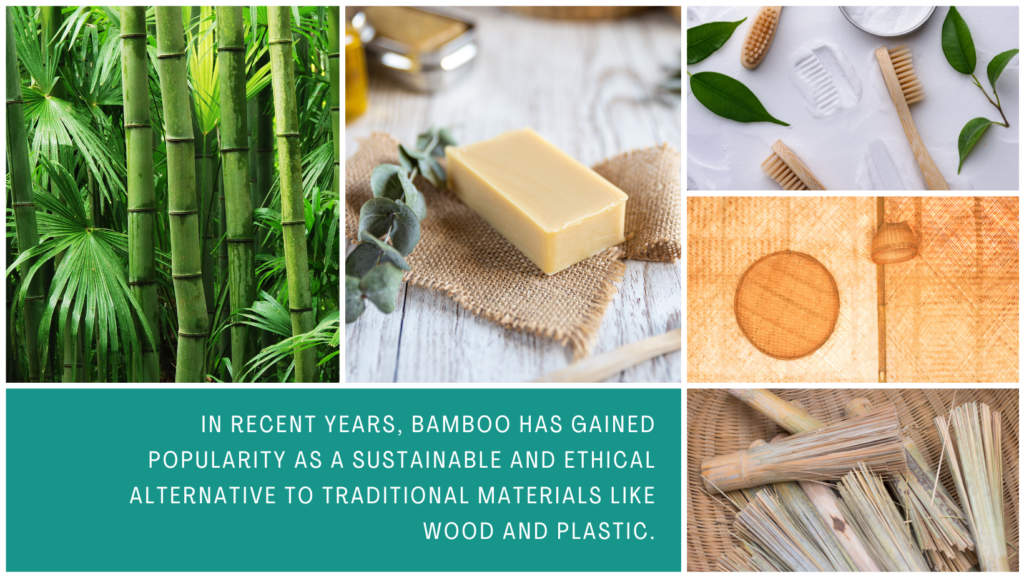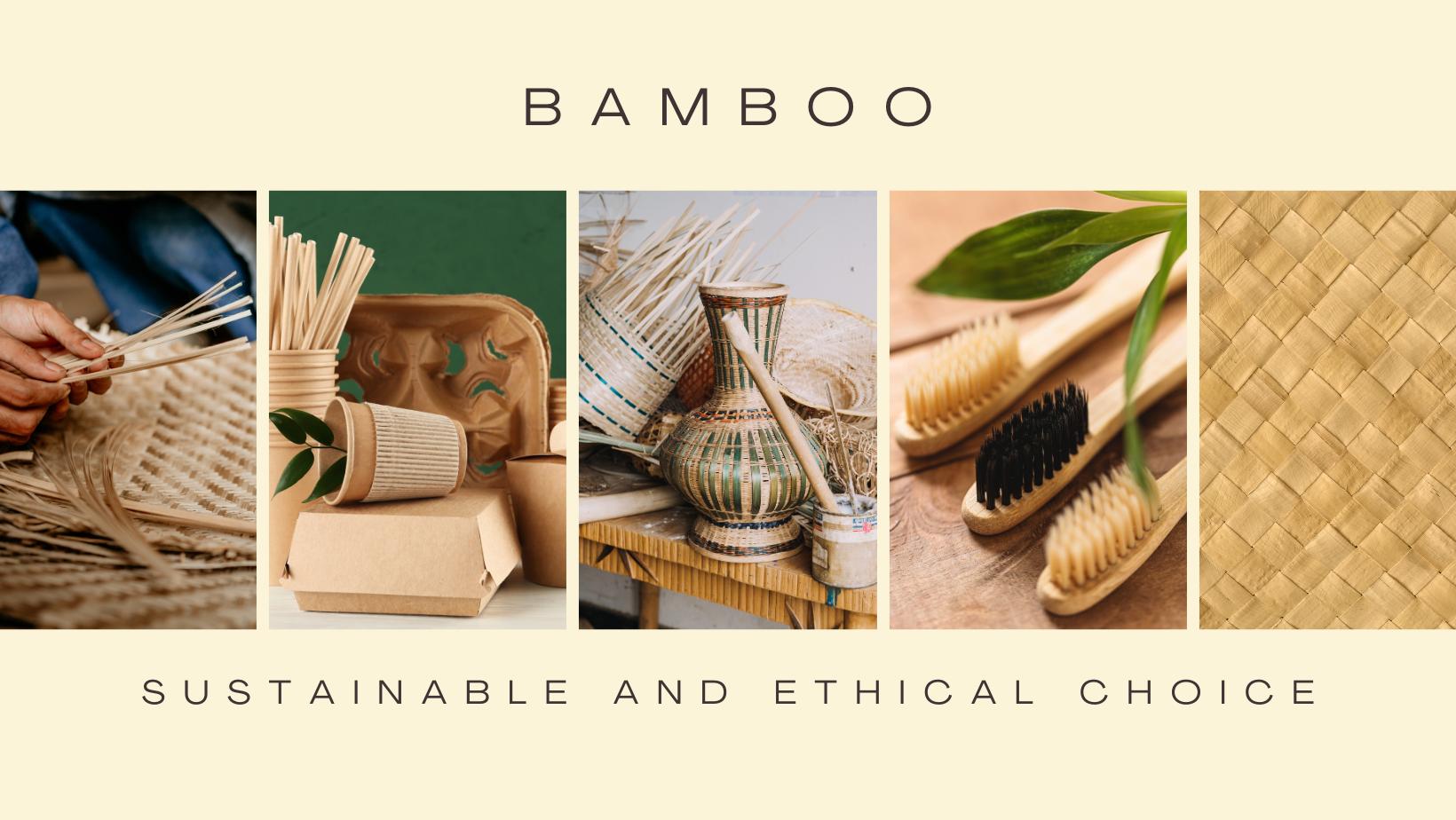Bamboo is a versatile and renewable resource that has been used for centuries in the Philippines for a variety of purposes, from construction to crafts. In recent years, bamboo has gained popularity as a sustainable and ethical alternative to traditional materials like wood and plastic. But what bamboo products are being made in the Philippines, and are they being produced in a way that is environmentally and socially responsible?
Bamboo Products in the Philippines
The Philippines is home to a diverse range of bamboo species, and bamboo products are being made in many different regions of the country. Some of the most common bamboo products include:
- Furniture: Bamboo furniture is popular for its durability and natural beauty. In the Philippines, bamboo furniture is often made by hand using traditional techniques.
- Home Decor: Bamboo is also used to make a variety of home decor items, such as baskets, mats, and lampshades. These items are often decorated with intricate patterns and designs.
- Clothing and Textiles: Bamboo fiber can be used to make soft and breathable fabric that is perfect for clothing and textiles. In the Philippines, bamboo clothing and textiles are often made by small-scale producers using eco-friendly methods.
- Food and Beverage: Bamboo shoots are a popular ingredient in Filipino cuisine, and bamboo is also used to make utensils and containers for food and drink.

Sustainability and Ethical Production
While bamboo is a renewable resource, it is important to ensure that it is being harvested and produced in a way that is sustainable and ethical. In the Philippines, there are a number of initiatives and organizations working to promote sustainable and ethical bamboo production.
One such organization is the Bamboo Organic Development and Promotion Center (BODPC), which works to promote the use of bamboo as a sustainable and eco-friendly material. The BODPC provides training and support to bamboo producers and processors, and works to ensure that bamboo is being harvested and processed in a way that is environmentally responsible.
Another organization working in this area is the International Bamboo and Rattan Organisation (INBAR), which promotes the use of bamboo and rattan as sustainable and renewable resources. INBAR works with governments, NGOs, and private sector partners to promote sustainable bamboo production and processing, and to support the development of bamboo-based industries.
Comparison with Other Tropical Countries
The Philippines is not the only tropical country that is producing bamboo products. Other countries in the region, such as Indonesia and Vietnam, are also major producers of bamboo. However, there are some key differences in the way that bamboo is being produced and processed in these countries.
In Indonesia, for example, there have been concerns about the use of chemicals and pesticides in bamboo production, as well as the exploitation of workers in the bamboo industry. In Vietnam, there have been reports of deforestation and land degradation as a result of unsustainable bamboo harvesting practices.
Conclusion
Bamboo is a versatile and renewable resource that has the potential to be a sustainable and ethical alternative to traditional materials. In the Philippines, there are a number of initiatives and organizations working to promote sustainable and ethical bamboo production, and to support the development of bamboo-based industries. While there are challenges and concerns related to bamboo production in other tropical countries, the Philippines is well-positioned to be a leader in sustainable and ethical bamboo production.

